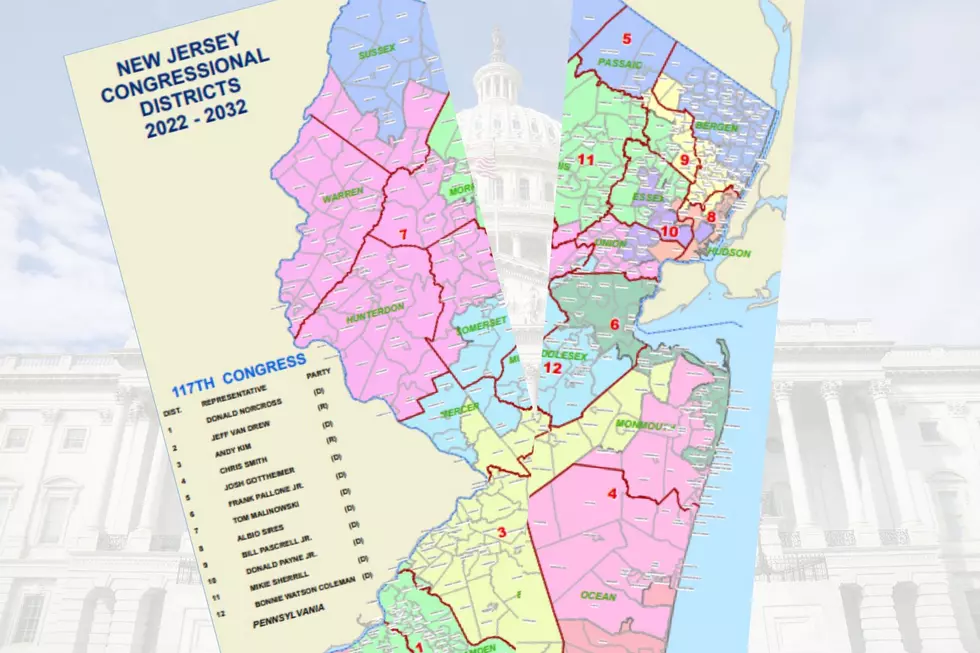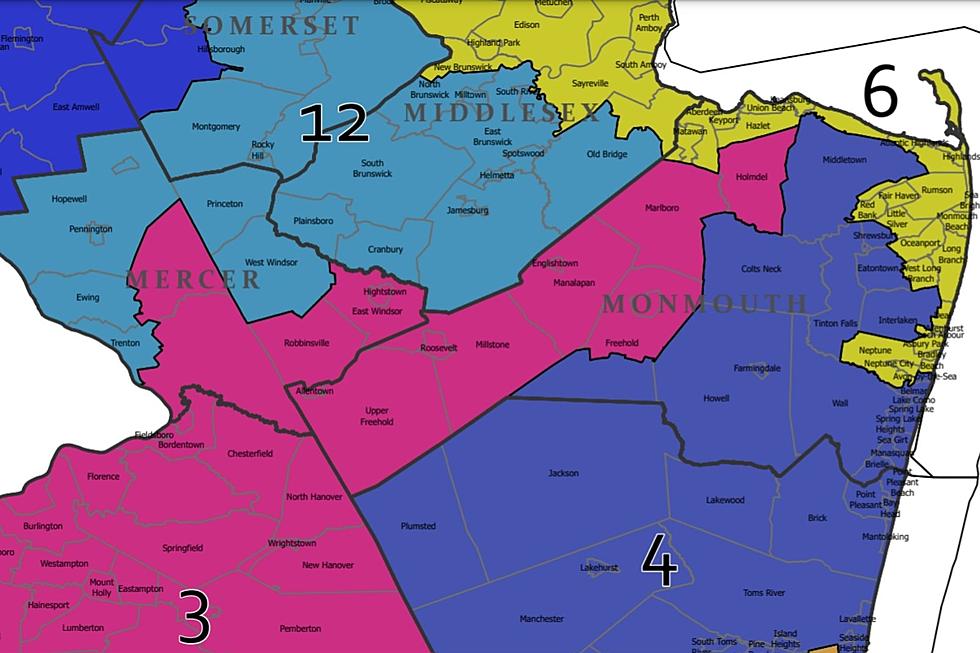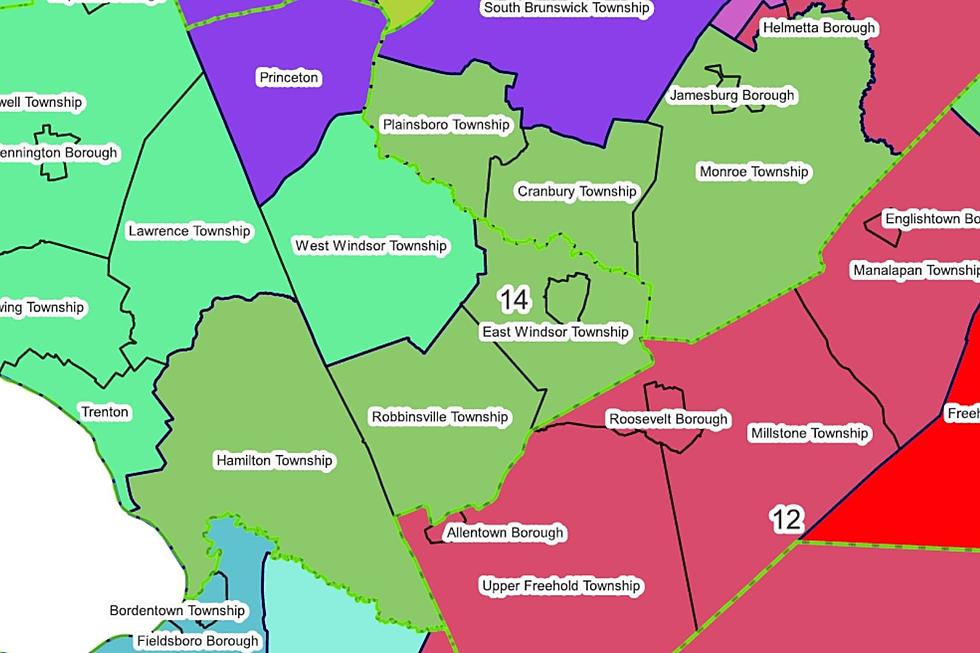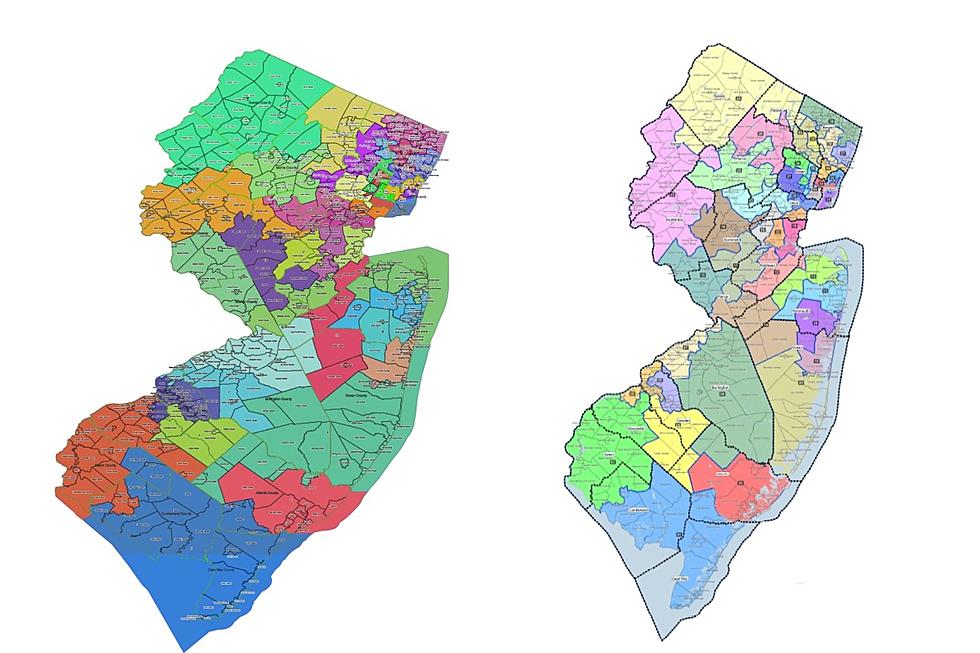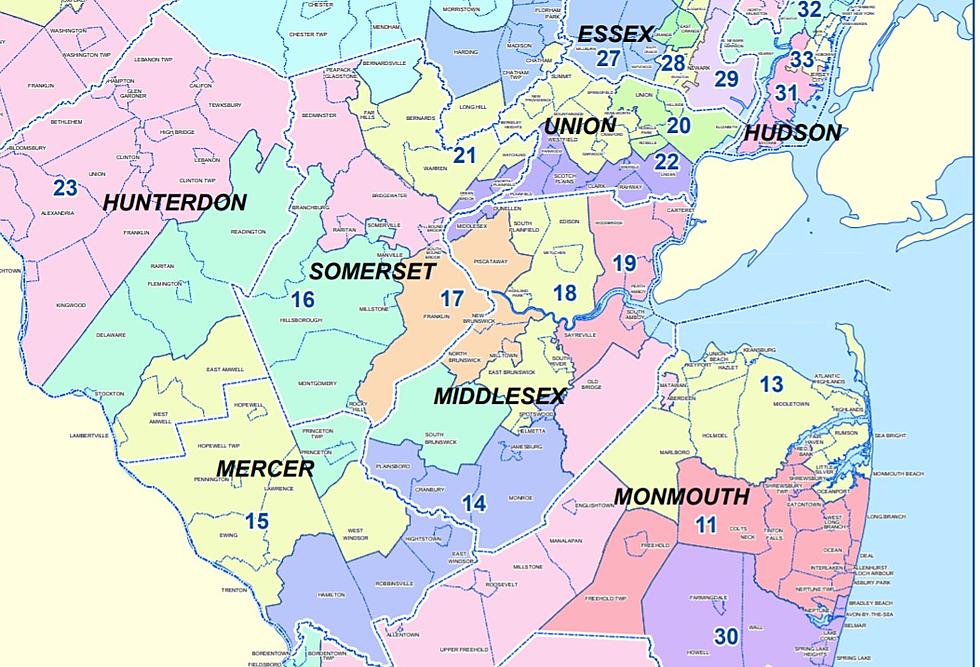
NJ advocates want real people, not politicians, to draw political map
A coalition of groups led by the League of Women Voters of New Jersey is recommending significant changes to how the state redraws the boundaries of its legislative districts, including the addition of five public members to the commission and prohibiting lawmakers and their staff from being on it.
The independent members would apply for the positions and be selected by a panel of former state Supreme Court justices. The limitations on eligibility requirements would also apply to political party leaders and officers.
“We’d like to see people serving on the commission who don’t have a personal vested interest in the outcome,” said Helen Kioukis, a program associate for the League of Women Voters.
“Like everything else in democracy, robust political engagement is the only true safeguard against partisan antics,” said Jesse Burns, the league’s executive director.
“Like it or not, the truth is that perhaps more than ever, there’s a sense of distrust in our systems, in our political infrastructure,” said Jennifer Thompson, executive director of the National Association of Social Workers state chapter. “And to change that, to protect our democracy, we must come together and both envision and build a system that includes the public.”
The coalition wants the Legislature to take up the changes by next summer so it can be put on the November 2020 ballot for consideration by the voters, in order for it to take effect for the redistricting in early 2021 that will follow next year’s census.
The recommended changes also include requirements to hold public hearings, broadcast meetings and allow the public to submit maps. The use of partisan and political data would be restricted, and a map would require support from nine of 15 commissioners in order for it to be approved before the intervention of a court-appointed special master.
“We have an opportunity to engage more people in the political process, more people to volunteer to address the challenges we face,” said Margaret Illis, co-founder of NJ 7 Forward. “It will be 10 very long years of the same closed and partisan process if we don’t adopt changes now.”
“Unfair redistricting practices keep unresponsive and ineffective elected officials in office unchallenged even though they continually fail to serve the communities they were elected to serve,” said Imani Oakley, legislative director for the New Jersey Working Families Alliance.
“Gerrymandering isn’t a Republican problem. It isn’t a Democratic problem. It’s a power problem,” said Suzanne Almeida, redistricting and representation counsel at Common Cause.
Toward the end of 2018, Democratic legislative leaders pursued redistricting changes, then reversed course when progressive activists – as well as Republicans whose minority status in the Legislature would have been all-but-assured as a result – fought against it.
A group of academics suggested a different set of changes in July that included some common ideas with the new report, such as more public involvement and a supermajority to approve a map, though some differences, such as three independent members instead of five.
That report also suggested delaying the primary in redistricting years from June to August to allow time for the new map of district boundaries to be developed.
New Jersey: Decoded cuts through the cruft and gets to what matters in New Jersey news and politics. Follow on Facebook and Twitter.
Michael Symons is State House bureau chief for New Jersey 101.5 and the editor of New Jersey: Decoded. Follow @NJDecoded on Twitter and Facebook. Contact him at michael.symons@townsquaremedia.com
More From New Jersey 101.5 FM
